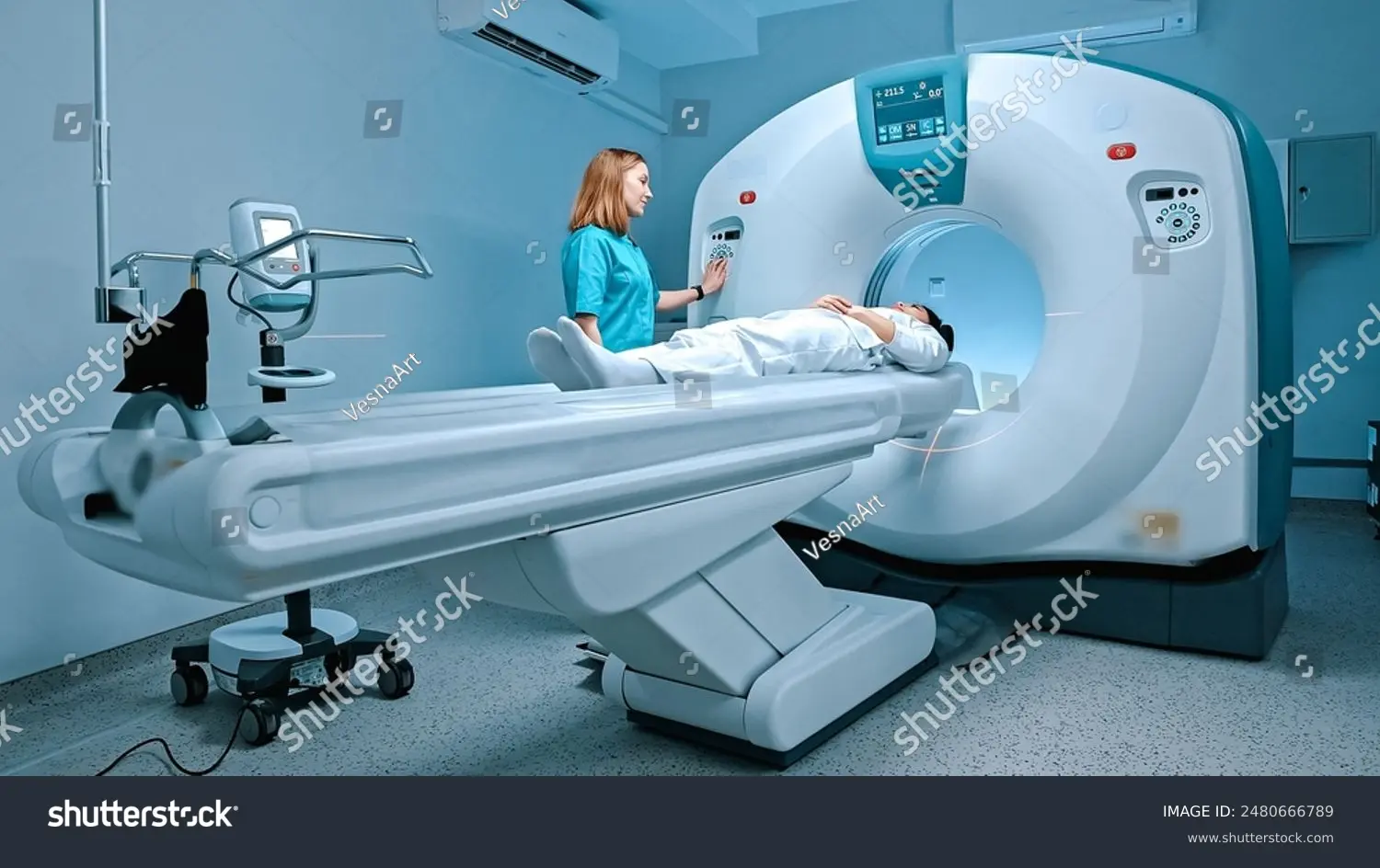Medizin und Pharma
The medical and pharmaceutical industries are built around strict standards for precision, hygiene, and reliability. Components like surgical instruments, implants, diagnostic devices, and lab tools in medical manufacturing require biocompatibility, cleanliness, and high-performance materials. The pharmaceutical sector focuses on drug manufacturing, packaging, and delivery systems, all requiring contamination-free processing and strict quality control.
Both sectors use advanced materials like stainless steel, titanium, specialty alloys, and polymers and require processes that meet FDA, ISO, and GMP regulations. Induction heating offers unique advantages in these sectors: it is clean, non-contact, precise, and repeatable, ideal for sterile environments and exacting thermal processes.

How Induction Heating Supports Medical & Pharmaceutical Manufacturing
Induction heating provides localized, flameless heat that is easy to automate and control, making it well suited for both high-volume and high-precision applications in medical device manufacturing and pharmaceutical processing.
Common Induction Heating Applications
- Used to join high-performance materials
- Parts:
- Stainless steel surgical tools
- Endoscopic components
- Orthopedic implants
- Benefits:
- Strong, leak-tight, hygienic joints
- No open flame or contamination
- Ideal for small, heat-sensitive assemblies
- Process: Uses focused heating to shape or bond polymers
- Parts:
- Catheter tips
- Tubing junctions
- Benefits:
- Smooth, controlled shapes
- Precise heat zones protect adjacent material
- Compatible with automation
- Process: Softening of metal tubes after drawing or forming
- Parts:
- Hypodermic needles
- Cannulas
- Stainless steel or Nitinol tubing
- Benefits:
- Improved ductility and reduced brittleness
- Exact temperature control
- Fast, clean, and scalable
- Used in pharmaceutical packaging
- Parts:
- Foil cap seals
- Tamper-evident closures
- Benefits:
- Induction cap sealing is fast and contactless
- Hermetic seals without adhesives
- Ideal for liquids, powders, and blister packs
- Used to shape or join plastic components
- Processes:
- IV tubing
- Microfluidic channels
- Parts:
- No hot air or contamination risk
- Uniform heating for delicate materials
- Processes: Polymer curing, heat-assisted sterilization
- Processes:
- Polymer-based surgical parts
- Coatings on implants
- Parts:
- Controlled ramp-up and cooling
- Safe for cleanroom and sterile environments
Benefits of Induction Heating in Medical & Pharma
- Non-contact, clean heating: No combustion or contamination
- Precision temperature control: Ideal for sensitive materials
- Highly repeatable: Supports GMP and ISO compliance
- Automation-ready: Speeds up high-volume production
- Compact systems: Space-saving for cleanrooms and labs